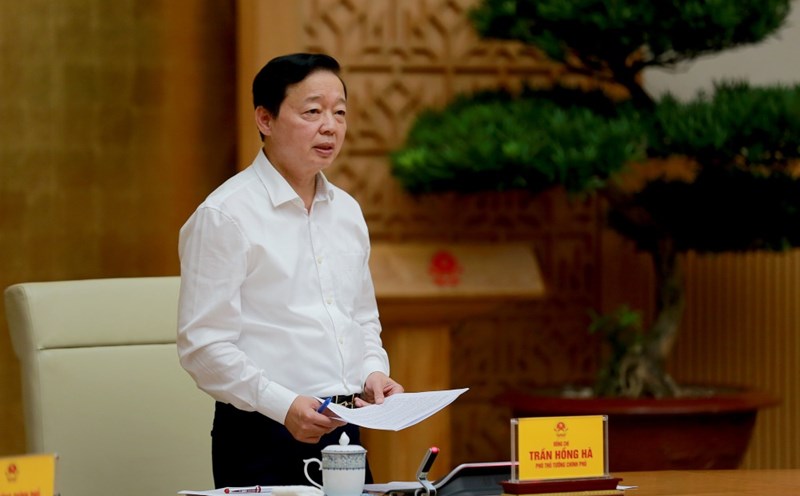The private economic sector still faces many barriers
After nearly 40 years of renovation, the Vietnamese private economic sector has made strong progress. By 2024, this sector will account for 53.4% of total social investment capital, 82.07% of total labor in the economy, contributing 38.6% of total pre-tax profit and 51% of total income generated for employees in the enterprise sector.
In particular, the private sector contributed 43% of total GDP and accounted for 57% of GDP growth in 2024 - the largest contribution among economic components. On average, in the period of 2011-2024, this region achieved a growth rate of 6.3%/year, higher than the average of the whole economy (5.48%/year).
According to Dr. Tran Van The - Chairman of the Board of Directors of InDel Investment and Development Company, these figures laid the foundation for elevating the position of this sector as the main driving force in implementing Vietnam's rapid and sustainable growth goals. However, Dr. Tran Van The said that there are still many shortcomings, for example, 98% of enterprises are small and medium, nearly 70% are micro, low productivity and limited ability to participate in the global value chain. capital, labor and operational efficiency are far behind FDI and state-owned enterprises, while large-scale enterprises are still very rare (only about 3%).
Dr. Tran Van The said that Vietnamese private enterprises are mainly small, have limited capital, little labor, weak competitiveness and difficulty accessing capital due to lack of guaranteed assets and poor financial transparency. Governance capacity and technology are still low, there is a lack of value chain linkages, and human resources have not met requirements. In addition, business culture and legal awareness are still limited, there are still scams, unfair competition, tax evasion, and environmental violations.
The private economy needs to be identified as the main driving force
According to Prof. Dr. Ngo Thang Loi - National Economics University, the most important thing at present is to make the private economy truly become the most important driving force in implementing the double-digit growth target starting from the period of 2026-2030 and the most important driving force in implementing the target of breakthroughs in science, technology development, innovation and transformation.
If we compare the economy to a train moving to the destination, the state economy plays the role of rail connecting to the destination, determining the direction and guiding the train on that rail, the private economic sector plays the role of the locomotive that determines the speed of the train moving to the destination, while the FDI sector is the additional driving force to help the train move faster - Prof. Dr. Ngo Thang Loi emphasized.
According to Prof. Dr. Ngo Thang Loi, it is necessary to strengthen development support policies for each group of private enterprises. For example, policies for developing large-scale private economic sector enterprises, forming and developing private economic groups. Encourage the formation and development of large private economic groups with strong potential, regional and international competitiveness. Ensure mechanisms and policies to encourage and support the development of private economic groups in accordance with market mechanisms and promote the autonomy and competitiveness of the private economy.
Second, the policy of increasing the number of medium-sized enterprises. Policies to handle the phenomenon of shortage of large-scale enterprises need to be supported by policies to promote capital accumulation through internal resources and through methods of buying and selling, merging, investing in stocks... to encourage growth, accumulation, improving profitability and encourage enterprises to retain profits, reinvest profits in production and business activities of enterprises can be implemented through measures to improve the business environment, reform tax policies
Third, the policy supports small and micro enterprises. Importantly, there are currently policies to remove difficulties for small and micro enterprises such as: Tax policies, amending, supplementing and abolishing regulations on business licensing, import-export, market management, creating all opportunities for small and micro enterprises to easily access development resources such as finance, land, technology, human resources.











